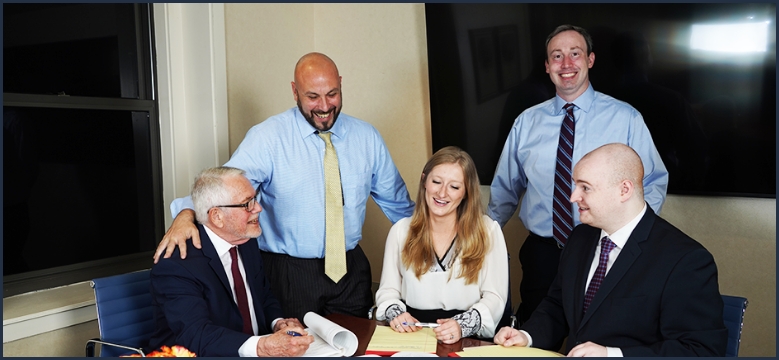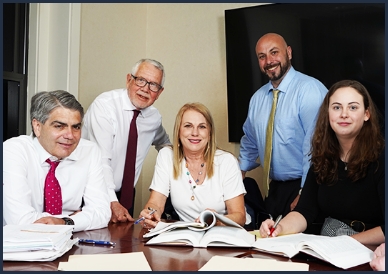When you are placed on probation, you are required to sign a probation contract. On the contract, there are standard terms, so called “conditions” of probation. For example, you will be required to obey all state, federal and local laws and to pay a probation supervision fee. You will likely be required to report regularly to your probation officer. There may also be special conditions of your probation, such as paying restitution, attending alcoholics anonymous or narcotics anonymous meetings or performing community service. Your sentencing judge sets these terms, and you must comply with every one of them. If you violate any of the terms of your probation, you are subject to arrest and any number of penalties including going to jail.
These allegations can be very serious. When a defendant agrees to probation, he or she also agrees that if the probation is violated, he or she can be sentenced to the maximum penalty allowable for the underlying criminal charge. That means any new arrest, regardless of how minor it is or whether you are found guilty or not, in the end, can result in substantial penalties including jail time. This could be something simple like failing to report to your probation officer for scheduled visits, missing scheduled urine tests, or any other technical violation of probation. A probation violation could also be something that is not related to your probation, like getting arrested for being involved in a fight.
Once your probation officer is made aware of your alleged violation, he or she may file a “surrender notice” to force you to appear in court. The surrender notice informs the judge of your alleged violation of probation. After receiving the surrender notice, the judge may elect to issue a warrant for your arrest, although it is also possible that the judge will merely summons you to come to court.
At probation hearings, you do not have the same rights or protections that you would have at a criminal trial. You are not entitled to a jury; the Commonwealth does not need to prove the case beyond a reasonable doubt or even at all; and the Commonwealth can rely on hearsay and other evidence that would be inadmissible at trial. Click here to learn more about probation violation hearings.
The probation violation lawyers at KJC Law Firm have more than 125 years of experience representing their clients in court and negotiating favorable resolutions of their cases. We regularly defend clients accused of violating their probation. We have the resources to get you the justice that you deserve. KJC Law Firm represents people accused of crimes from communities across Massachusetts, including the Greater Boston area, Cambridge, MetroWest, Worcester, Springfield, Cape Cod, Fall River and Lowell.
Call a KJC Law Firm probation violation lawyer
today to schedule a free consultation.













































Five Tips to Survive Your Lawsuit and Help Make It a Winner
If you’d like to share more information with us about your situation, feel free
to write as much or as little as you like below. (Not required.)